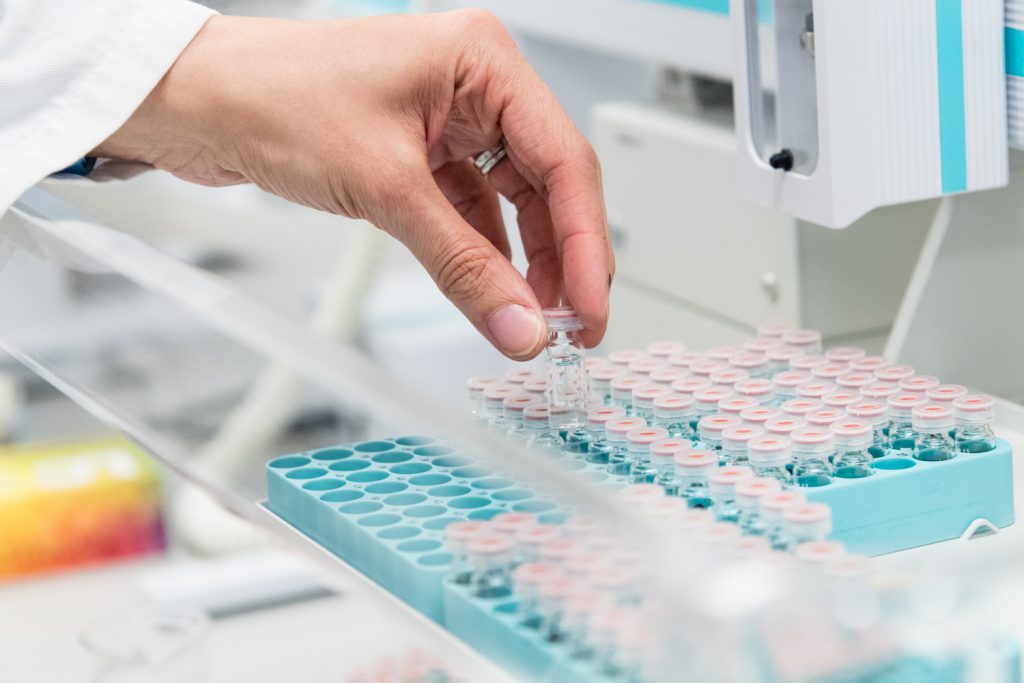What is MND
Find support
I have MND
I am supporting someone
Get involved
Research
About MND Scotland

While MND Scotland is committed to funding pioneering MND research, and researchers and clinicians across the world are dedicated to finding treatments, there is currently no cure or effective treatment for MND. Only one drug called Riluzole has been proved in the UK through clinical trials to be a successful treatment for people with MND, extending life by up to three months.
We are aware that there are a number of clinics around the world offering stem cell treatments for people with MND. Like all unproven treatments MND Scotland does not endorse these stem cell therapies because they are untested in clinical trials or have no legitimate scientific evidence to back-up their claims.
Despite this, there are more and more articles being published in the Scottish media claiming these unproven treatments will slow or stop the progression of MND.
When referring to the treatment being sought in Mexico, today’s Daily Record article* states, “The treatment will help slow down the 67-year-old’s eventual deterioration from the cruel, muscle-wasting disease.” The Glasgow Times article* also quotes, “The earlier you get it, the more effective the treatment is.”
We simply do not know this and therefore the information given is extremely misleading. There is no statistically significant evidence to suggest this treatment provides benefits to people with MND.
The internet has many websites that promote effective MND treatments for purchase. In nearly all of these cases, there is no evidence of safety and in all of them; there is no proof of benefit. Furthermore, these treatments are often extremely expensive, capitalising on desperation and hope, and many people with MND spend critical life savings or raise funds through family and friends for an opportunity to save their life.
The Daily Record also stated, “Sandra’s family are now desperately trying to raise £20,000 for the gran to travel to Mexico for groundbreaking stem cell treatment which is currently unavailable on the NHS.” In addition, an article on Glasgow Live reads, “It is not widely accessible in the UK.”
The reason this stem cell treatment is not available on the NHS is because it is not proven to be of benefit to people with MND. Any new treatments must first be approved by the European Medicines Agency (EMA) or by the UK’s Medicines & Healthcare products Regulatory Agency (MHRA) and by the Scottish Medicines Consortium (SMC) in Scotland. None of these regulatory bodies would approve a treatment without clear evidence of its effectiveness, and without broad support from the clinical and scientific neurological community.
MND Scotland does not advocate for any treatment unless it is proven to be safe and effective. While it is up to each individual person whether or not they choose to pay for, and receive, unproven treatments for MND, we would strongly encourage anyone with MND who is considering this to discuss all the implications with their neurologist before making a decision.
We will continue to fund vital MND research, thanks to the generous donations from our supporters, so that one day we will realise our vision of a world without MND.
*now removed from online article.
Sign up
for newsletter
Get the latest news and events straight to your inbox.
You can help create a world without MND